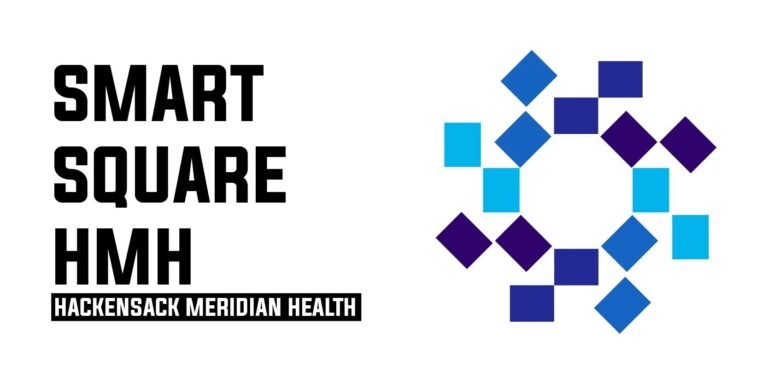In the rapidly evolving healthcare sector, technology plays a pivotal role in streamlining operations, enhancing patient care, and optimizing workforce management. One such innovative solution is Smart Square HMH, a cutting-edge scheduling software designed for healthcare facilities. This comprehensive guide delves into the various aspects of Smart Square HMH, covering its features, benefits, and constraints, providing an in-depth analysis for healthcare administrators and staff considering this technology.
Introduction to Smart Square HMH
Smart Square HMH, a product tailored for the healthcare industry, stands out for its ability to address the complex scheduling needs unique to this sector. It’s not just a tool; it’s a solution designed to manage the dynamic and demanding environment of healthcare facilities, ensuring that staffing levels are optimized to meet patient care needs without compromising the well-being of the healthcare professionals.
Key Features
Smart Square HMH is equipped with a range of features aimed at simplifying the scheduling process, enhancing efficiency, and improving staff satisfaction. Key features include:
- Advanced Scheduling Capabilities: Enables the creation of schedules that are not only compliant with staffing policies and regulations but also consider the preferences and qualifications of the healthcare staff.
- Real-Time Updates: Offers the ability to make real-time adjustments to the schedule, accommodating last-minute changes due to sick calls or unexpected absences.
- Staff Self-Service: Allows staff to view their schedules, submit time-off requests, and swap shifts with colleagues, all within the platform, fostering a sense of autonomy and engagement.
- Reporting and Analytics: Provides comprehensive analytics and reporting tools that help administrators monitor staffing trends, predict staffing needs, and make data-driven decisions.
Benefits of Smart Square HMH
The adoption of Smart Square HMH brings several benefits to healthcare facilities, including:
- Enhanced Operational Efficiency: By automating the scheduling process, Smart Square HMH reduces the time and effort required to manage staff schedules, freeing up administrators to focus on other critical tasks.
- Improved Staff Satisfaction: The self-service features and consideration of staff preferences in scheduling contribute to higher job satisfaction and lower turnover rates.
- Optimized Patient Care: Proper staffing levels ensure that patients receive timely and quality care, directly impacting patient outcomes and satisfaction.
- Cost Savings: Efficient scheduling and reduced overtime help control labor costs, a significant benefit for healthcare facilities operating on tight budgets.
Constraints and Considerations
While Smart Square HMH offers numerous advantages, there are also constraints and considerations that healthcare facilities need to be aware of:
- Implementation Challenges: The transition to a new scheduling system can be challenging, requiring adequate training and support for staff to adapt to the new platform.
- Integration with Existing Systems: Ensuring Smart Square HMH seamlessly integrates with other software systems in use, such as electronic health records (EHR) systems, is crucial for maximizing its effectiveness.
- Cost Implications: The initial setup and ongoing subscription fees represent a significant investment, which may be a barrier for smaller facilities with limited budgets.
Real-World Applications
Across the healthcare industry, Smart Square HMH has been instrumental in transforming how facilities manage their workforce. For instance, a large hospital network implemented the software and reported a 20% reduction in overtime costs within the first year. Another notable example is a community health center that saw significant improvements in staff satisfaction scores, attributing this success to the flexibility and autonomy provided by Smart Square HMH’s self-service capabilities.
Future Directions
The future of Smart Square HMH looks promising, with ongoing enhancements and new features continuously being developed. The focus is on leveraging artificial intelligence (AI) and machine learning to further refine scheduling predictions and offer more personalized scheduling options. Additionally, expanding mobile capabilities to enhance accessibility and convenience for staff is a priority, ensuring that Smart Square HMH remains at the forefront of healthcare scheduling solutions.
Conclusion
Smart Square HMH represents a significant advancement in healthcare workforce management, offering a comprehensive suite of features that cater to the unique needs of the healthcare industry. Its benefits extend beyond mere scheduling efficiency, impacting staff satisfaction, patient care, and the bottom line. However, successful implementation requires careful planning, training, and consideration of the integration with existing systems. As healthcare facilities continue to navigate the complexities of staffing and patient care, Smart Square HMH stands out as a valuable tool in their arsenal, promising not only to address current challenges but also to adapt to future demands of the healthcare sector.

